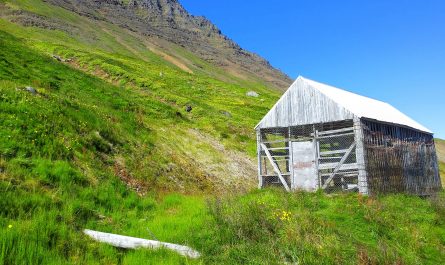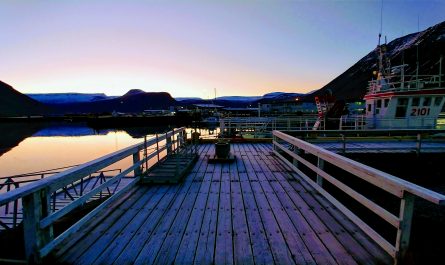Iceland is the type of nation that, if any other nation in the world were to serve as a model for others regarding the conservation of the environment and the responsible use of energy sources and other resources, it would be Iceland. All Icelanders as well as a significant number of commercial enterprises have access to an adequate supply of renewable energy. If the energy that is currently being used to dig for electronic currencies and run aluminum smelters was put to better use, Iceland would have more than enough energy to power its entire fleet of automobiles and boats with electricity.
One more issue is that Icelanders have not been successful in organizing rubbish recycling programs. This is a problem. A significant portion of the garbage that is produced in Iceland is exported to other nations in an attempt to repurpose the material, with variable degrees of success.
Despite this, Iceland is frequently cited as an example of a country that is respectful of the environment. The following are some of the reasons that Iceland has such a good reputation:
The development of renewable energy in Iceland places the country at the forefront worldwide. The generation of electricity and heating throughout the nation comes mostly from geothermal and hydroelectric power, both of which are environmentally friendly and sustainable options. Iceland’s dependency on fossil fuels has been reduced thanks, in large part, to the country’s increased use of renewable energy, which has also contributed to a reduction in the country’s overall carbon emissions.
The country of Iceland has an abundance of freshwater resources, all of which are in pristine condition. As a result of the water in Iceland’s rivers and lakes being among the cleanest in the world, it is perfectly fine to drink water straight from the faucet without first having to purify the water or purchase bottled water.
Iceland focuses a significant amount of importance on fishing methods that are environmentally friendly. The nation has instituted stringent rules and quotas in order to safeguard its fish populations and ensure the continued economic sustainability of its fishing sector over the long term. These procedures contribute to ensuring that fishing in Icelandic seas is carried out in a manner that is environmentally friendly.
Iceland has exerted a substantial amount of effort toward the preservation of its natural environment and biological variety. The government has developed a large number of national parks and nature reserves, which have helped to protect the distinctive ecosystems and species that are native to the country. In addition to this, Iceland is an active participant in a variety of worldwide conservation activities and has signed a number of environmental protection agreements.
The majority of Iceland’s inhabitants have a healthy respect for the natural world and actively participate in ecologically responsible behaviors. Recycling and trash management initiatives have been successfully implemented, and there is a deep-seated tradition of admiration and reverence for the natural world. Icelanders frequently place a high value on environmentally responsible practices and products, such as electric automobiles, public transportation, and organic food that is supplied locally.
Despite the fact that Iceland has made significant progress toward environmental sustainability, it is essential to keep in mind that, just like any other country, it is confronted with its own unique set of environmental issues. For instance, the rise in tourism has resulted in increased strain being placed on some particularly delicate places. Despite this, a major tenet of Iceland’s national identity continues to be the country’s dedication to the protection of the natural world and the promotion of sustainable practices.


